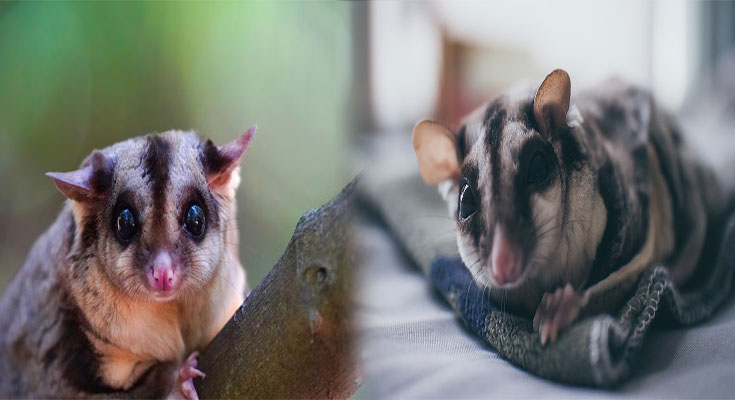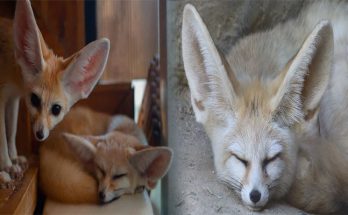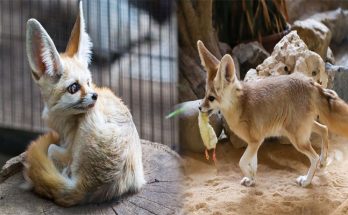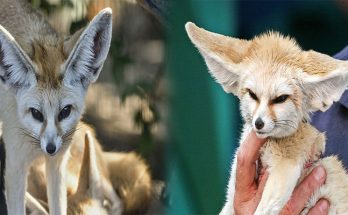Sugar gliders are lovely and playful creatures that make popular pets due to their small size and charming nature. While these animals are relatively hardy, they can still experience health issues that require veterinary care and attention. In this article, we will discuss some common health issues that affect sugar gliders and provide essential care tips to keep them healthy and happy.
Common Health Issues
Dental Problems
Sugar gliders have a high metabolism and require a balanced diet of fruits, vegetables, and protein to maintain good health. However, a diet that is high in sugar and low in calcium can lead to dental problems. Malocclusion, tooth decay, and gum disease are common issues that can cause pain, difficulty eating, and infection.
Nutritional Deficiencies
Nutritional deficiencies can lead to a host of health issues in sugar gliders, including metabolic bone disease, poor growth, and reproductive issues. It’s essential to provide a balanced and varied diet that meets all their dietary needs. High-quality commercial sugar glider food, fresh fruits and vegetables, and protein sources such as mealworms, crickets, and boiled egg provide a balanced and well-rounded diet.
Obesity
Sugar gliders are active and energetic creatures that require plenty of exercise to stay healthy. Obesity can cause health problems such as diabetes, heart disease, and respiratory issues. Feeding a balanced diet and providing opportunities for exercise, such as a running wheel, can help prevent weight gain and promote overall health.
Parasites and Infections
Sugar gliders can be susceptible to parasitic infections and bacterial infections such as salmonella and E. coli. Regular veterinary checkups and preventative care can help prevent and treat these issues. Proper hygiene, such as regular cage cleaning and hand washing, can also help reduce the risk of infection.
Care Tips
Regular Veterinary Checkups
Regular veterinary checkups are essential in keeping sugar gliders healthy and detecting any health issues early on. A veterinarian with experience and knowledge of sugar gliders can provide a thorough checkup, give advice on diet and exercise, and administer any necessary vaccines.
Balanced Diet
A balanced and varied diet is crucial in maintaining sugar gliders’ health and preventing nutritional deficiencies. A diet that is high in protein, fiber, and calcium is important for their overall well-being. Commercial sugar glider food, fresh fruits and vegetables, and protein sources such as mealworms or boiled eggs can provide a balanced and healthy diet.
Exercise
Sugar gliders are active creatures that require plenty of exercise. Providing opportunities for exercise, such as a running wheel or supervised playtime outside of their cage, can help prevent obesity and promote physical and mental health.
Hygiene
Maintaining proper hygiene is important in keeping sugar gliders healthy and reducing the risk of infection. Regular cage cleaning, hand washing, and providing fresh food and water daily can help prevent the spread of bacteria and parasites.
Sugar gliders are delightful pets that require proper care and attention to maintain good health. Dental problems, nutritional deficiencies, obesity, and infections are common issues that can affect these animals. By providing a balanced diet, opportunities for exercise, regular veterinary care, and good hygiene practices, owners can ensure their sugar gliders thrive and lead happy, healthy lives. Investing time and effort into caring for these charming creatures can be rewarding, as they provide endless joy and companionship to their human companions.





